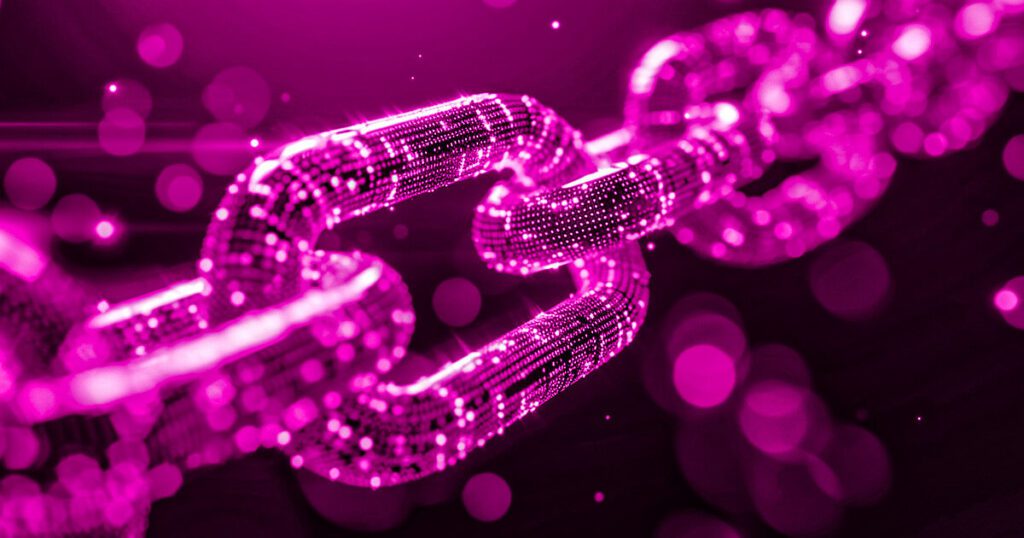

Decentralized exchange Uniswap’s UNI token surged following the announcement of Unichain, the platform’s layer 2 Ethereum network.
Data from CryptoSlate shows that UNI rose more than 12%, reaching $8.07, the highest level in three months. This rise has made UNI the best-performing digital asset in the market, which has otherwise seen major tokens like Bitcoin lose around 2% of their value.
As the governance token of Uniswap, a leading decentralized exchange with a trading volume of over $2.4 trillion, UNI is ranked among the top 25 digital assets by market capitalization.
Unichain
On October 10, Uniswap Labs unveiled Unichain as a key solution to advance Ethereum’s scaling roadmap.
Designed with DeFi users and protocols in mind, Unichain is built on Optimism Superchain, an Ethereum layer 2 (L2) network using Optimism rollups.
Unichain promises 1-second block times, delivering near-instant transaction speeds. This enhancement improves user experience, increases market efficiency, and reduces miner extractable value (MEV) losses.
Additionally, Unichain offers approximately a 95% reduction in transaction costs compared to Ethereum Layer 1, with the possibility of even lower fees in the future.
Unichain also plans to introduce a decentralized validation network, allowing nodes to verify blocks. This feature will add additional security and reduce the risk of conflicting or invalid blocks.
Unichain will support seamless multi-chain exchanges, ensuring fast and secure cross-chain transactions. As part of the Optimism Superchain, it offers native interoperability while adhering to standards such as ERC-7683 to make cross-chain exchanges smoother.
Unichain will benefit from an MIT license to encourage widespread adoption of the technology. The network testnet is now operational and a mainnet launch is expected soon.
Why L2s are important
Over the past year, the crypto industry has seen an influx of layer 2 solutions, with market experts saying this has caused network fragmentation.
However, Hayden Adams, CEO of Uniswap Labs, explained the importance of multiple L2 chains for scaling Ethereum, emphasizing that “the Internet of Value cannot run on a single chain.”
He declared:
“The Internet of Values cannot operate on a single chain. Ethereum’s stack-centric roadmap aims to scale by having many L2 chains that seamlessly interface with each other. We are excited about this vision and aim to accelerate it.




